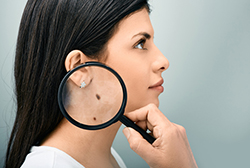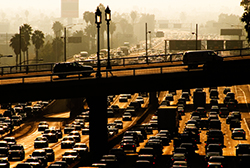
The Effects of Alcohol on Your Skin
July marks Alcohol Awareness Month to remind us of the toll that alcohol can take on our bodies. With our skin being our largest organ, it is also susceptible to damage from overdrinking. Before you have that extra mojito or margarita this summer, consider the effects of alcohol on your body and your skin.
Alcohol causes dehydration in our body and skin. Our skin is responsible for 15% of our body weight, housing millions of microorganisms, requiring optimal hydration to stay healthy.1 Without proper hydration, our skin’s moisture levels decrease, resulting in dryness, flakiness, and even accelerated signs of aging. Over time, chronic alcohol consumption can impair your skin’s ability to retain moisture, leading to an increase in premature fine lines and wrinkles.
Alcohol consumption triggers inflammatory responses in the body, and the skin is no exception. An inflammatory reaction can look like facial redness or flushing, puffiness, or dilated blood vessels apparent at the skin’s surface.
Alcohol can interfere with proper nutrient absorption, making one deficient in vitamins and minerals. Nutrient deficiencies in vitamins A, C, and B can compromise the health and appearance of your skin. These nutrients play a crucial role in collagen production, balancing excessive oil, improving skin hydration, and protecting against stress.
Excessive alcohol can cause inadequate sleep, disrupting the body’s regeneration and repair processes. Alcohol’s sedative effects may make falling asleep easier initially, but it disrupts the natural sleep cycle. Dark circles, puffy eyes, and a dull complexion are expected consequences of poor sleep habits.
Understanding the effects of alcohol on the skin can help you maintain a healthy and vibrant complexion. Prioritize your health by staying hydrated and limiting alcohol consumption. Nourish your body and skin from the inside out with good choices to live a balanced and healthy lifestyle.





